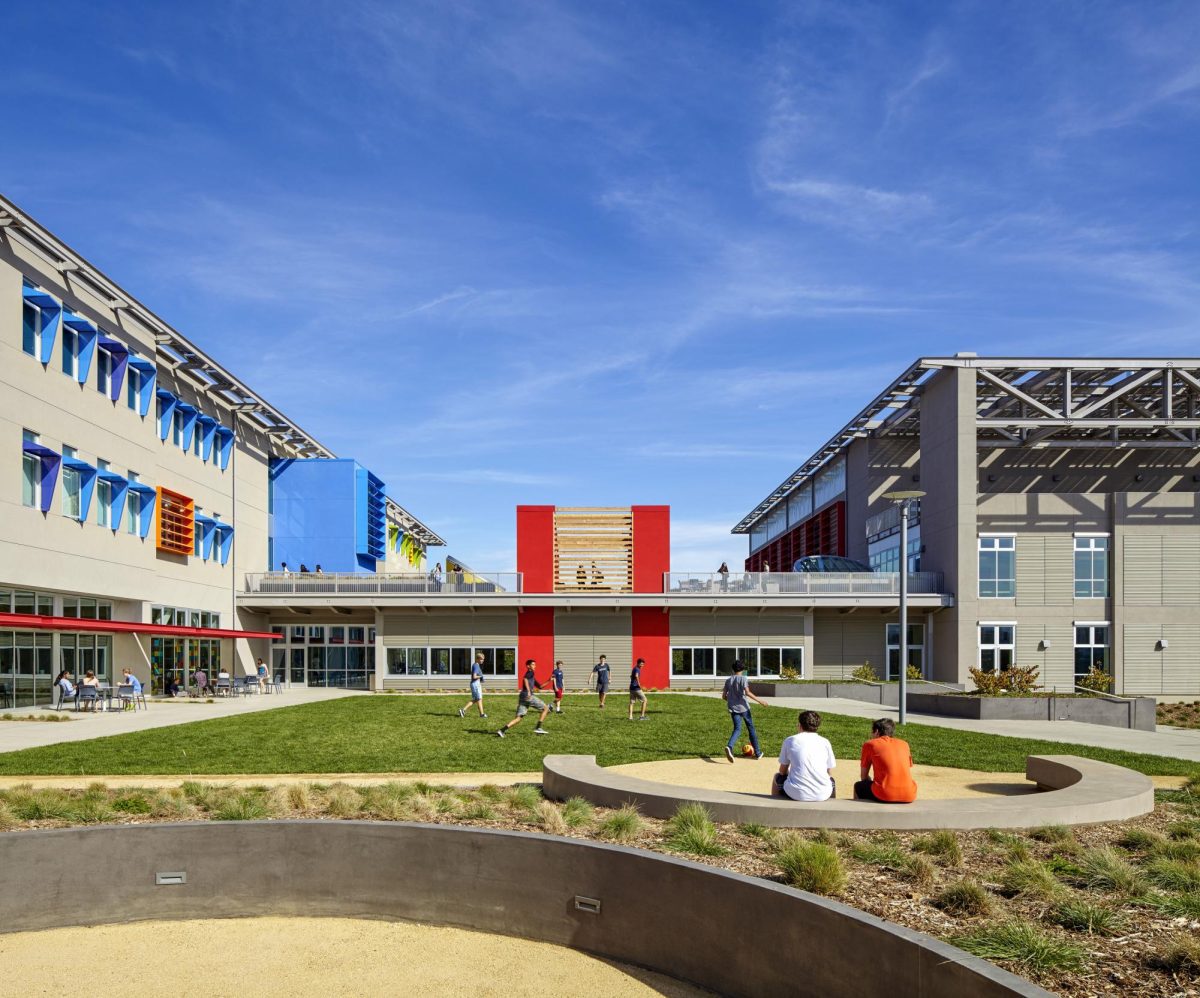
Kyle Jeffers
A decade ago, working in Silicon Valley seemed like a lot of fun.
Tech workplaces were infamous for their “perks”: 20-somethings coded while reclined in beanbags, did their laundry or worked out at onsite facilities, rode company-provided bicycles across campus, and took long lunches at deluxe cafes.
Today, the attitude has changed. After three years of mass layoffs, the labor market for tech jobs is highly competitive, companies offer less expansive benefits, and employees are expected to work longer hours.
Silicon Valley today is increasingly oriented around “hard tech,” reliant on enormous computing capacity, and it’s increasingly monopolized: new social media platforms, for example, either wed themselves to corporate behemoths or die as temporary fads.
We can float various causes for these changes. Interest rates rose in 2022 and forced companies to refocus from growth to profit, and remote work led to substantial shifts in the labor market. But there is something about this shift that feels cultural: the startup ethos of 2010s Silicon Valley has faded, and today’s ultra-corporate mindset has supplanted it.
A parallel cultural evolution has taken place at Nueva.
In 2014, the San Mateo campus opened its doors for the first time with two grades and zero precedents. The early years of the Upper School thus became a time of unbridled creativity and total chaos—it was still up in the air what social functions the cafe played host to, what electives had sufficient demand to be worth offering, or whether the beams on the walls sufficed for classroom seating. Ask a longtime teacher for these sorts of stories, and you can find them.
It was a microcosm of the Bay Area startup culture, of the perks-and-beanbags office—all the way from the expansive flexibility to the rapid staff turnover.
Today, this startup culture has mostly come to pass. The four-year Nueva experience is something we come into, tweak and adapt, and then pass down. While new clubs, electives, or trips are created each year, only a small set of legacy programs consistently continue on.
Losing that startup culture has undeniable benefits. A teacher once told me how they would have to personally stake out a room in order to figure out whether it was available at a given time of day; back then, there was no comprehensive base of information for who would be where and when.
Nueva can never be a perfect analogy for the for-profit tech sector, but we are, like the corporate giants that surround us, an institution.
Institutions seem to age in a similar pattern: first comes the frontier, the startup, the revolutionary state; then comes the organization, the bureaucracy, and the steady hand of the stagnating hegemon.
Silicon Valley has constantly struggled against institutional aging. When the first tech titans began to fade, the industry was revitalized by the web and the smartphone. But today, that cycle of reinvention only slows in the hands of entrenched powers.
Nueva, while a maturing institution past its startup era, has not reached the grinding melancholy of the “Hard Tech” company. We still, at least in our principles, hold on to the frontierist mindset of student agency. It is important, as we move forward, to look to our institutional neighbors for what to expect—and what to avoid.